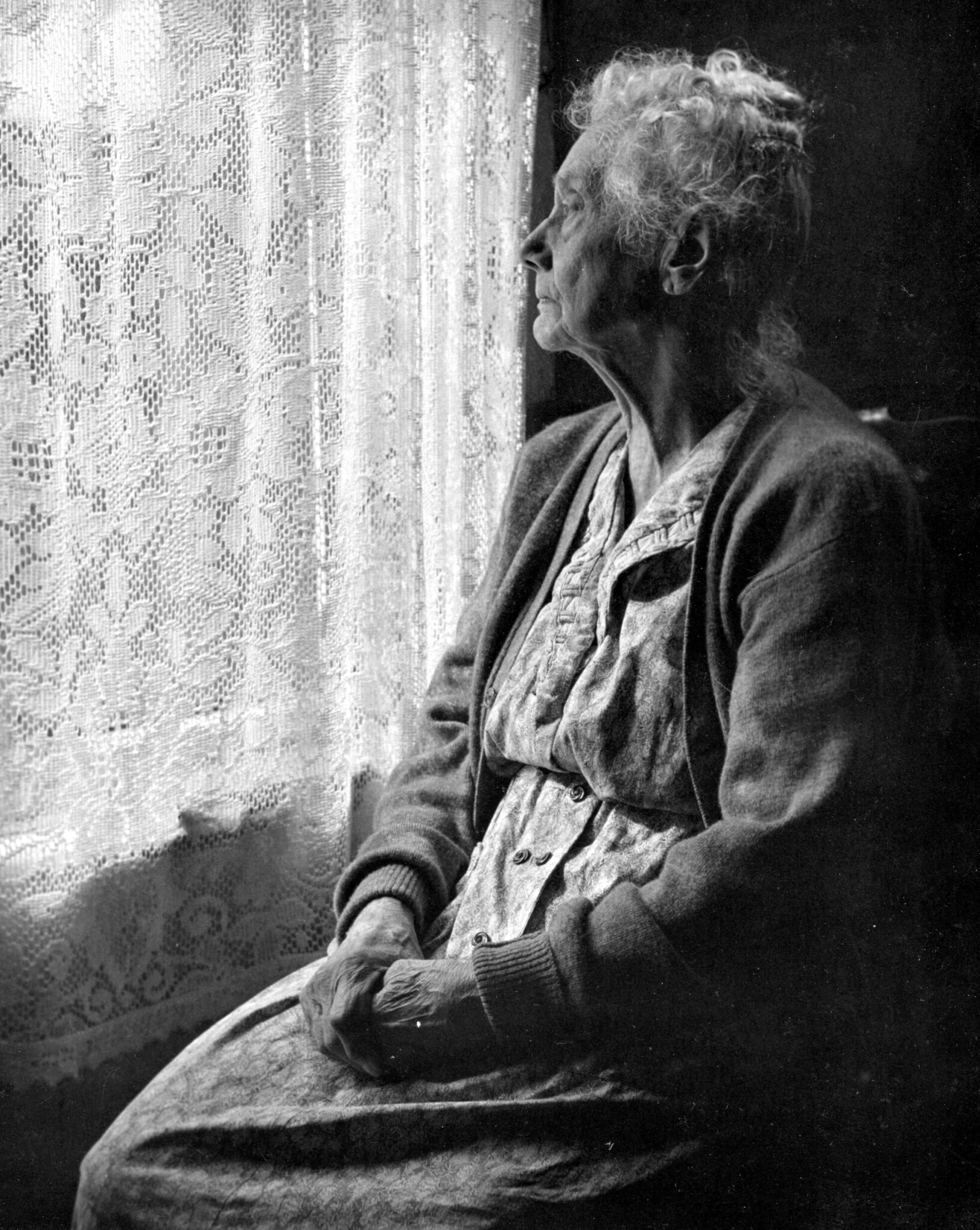Caregiving Basics
In any caregiving situation, there are four basic guidelines
to help ensure that you offer loved ones
the attention and support that they need.

PRAY
Whether before, during or after a caregiving experience, prayer helps ensure that our caregiving reflects the heart of God. In praying before we offer care, we acknowledge our reliance on God’s strength and healing. Prayer in the midst of care directly communicates our support for our friend, reminding them of the comforting power of the Holy Spirit (remember: ask permission to pray with a friend as well as what their prayer requests are). Following up your care with a commitment to continue praying offers additional encouragement and support for the one in need.
LISTEN
Compassionate empathetic listening is a caregiving guideline that is often taken for granted or overlooked, but it’s often the most powerful way you can help a person who is suffering. To listen well you must offer your complete, undistracted attention. You must also commit to hearing more than speaking, resisting the urge to give advice or tell your own story. When you respond, acknowledge the person’s pain and ask clarifying questions. You may also encourage them to name their own feelings, struggles and thoughts.


RESPECT THE GRIEF JOURNEY
Grief is a normal and natural journey by which a person makes a healthy adjustment to any significant loss in his or her life. Anticipating and accepting the emotions a grieving person experiences will let them know you are open and kind, offering room for them to process and feel what is happening for them in healthy ways. Emotions you may observe in a grieving friend include shock, denial, depression, anger, fear and bargaining. As you welcome and listen to these emotions without managing them or offering tips and advice, you help a grieving person journey towards acceptance. Remember: stay present and gracious as you engage the wounded’s grief.
PRESERVE THE DIGNITY
“Human dignity” can be defined as one’s self-worth. Our caregiving should not diminish a person’s feelings of self-worth/self-respect. Whether we care for a co-worker who is going through a divorce, a friend who has cancer, or for a spouse or parent–we need to remember that the person is first of all a child created by God. So engage their thoughts, feelings, struggles and dreams in light of that truth. When you wonder how to respond, ask yourself what you would want done to you in that same situation.

Explore Articles on Caregiving Basics

How does one cope when one is the full time caregiver of a spouse with a chronic illness?
I asked a friend, Nancy, to respond to this question and also to describe some of her daily challenges:
The “uneventful everyday” is a mixed blessing when caring for a person with a chronic illness, in my case caring for a person with Parkinson ’s disease (PD). One person described living with PD was like trying to drive with the brakes on.

How can we care for those who are terminally ill?
Margaret Vermeer served as a missionary in Nigeria. When she was seven months pregnant, she received the report that a biopsy of a small tumor was malignant. Five weeks after the surgery to remove the tumors, she gave birth to a son, then began chemotherapy and radiation treatments. For two years she had a miraculous remission, but then gradually more tumors appeared.

Barb’s Story
Grief is a normal and natural process by which a person makes a healthy adjustment to any significant loss in his or her life. Any significant loss (the death of a loved one, the loss of a job, a broken marriage, deterioration of health, a shattered dream) triggers the process. Most people experience some or all of the below emotional responses when they lose anything or anyone important in their lives. But first, read Barb’s story:

Why God?
Dear Karen:
I have been a caregiver for 15 years. I recently had to assist in reporting a case of elder abuse. It was not physical abuse, but my patient’s grand children were taking money from her without her permission. My patient has dementia. Someone else reported the stealing, I just verified the facts, and the family blamed me. They assumed I made the initial call. I told them that I spoke to the agency involved—legally I had to reveal the facts as I saw them. I’ve been treated terribly. I had to resign. My heart is broken. How do you cope with the sudden separation? I acted out of concern for my patient. Now she will be placed in assisted living—a far cry from the life she is accustomed to. Her husband will remain in a long term rehab center and will not be able to join his wife. She will wither and die because her children are not active in her life. I am asking God to show me how to understand.

Wisdom For Death Of A Spouse
Additional Wisdom for the Caregiver - Death of a Spouse One of the most significant gestures of caring came from my three-and-a-half year old grandson, Jacob. One day, after my husband John died,...
How can I approach caring for someone who won’t accept my help?
Dear Karen:
My sister Tess is a diabetic and has been hospitalized frequently. She recently had a foot amputated and is struggling to regain her mobility and independence. Tess lives alone and has frequently denied that she needs help, but visiting her apartment it is apparent she needs help. What would be the best way to approach this subject her? We all love her and want to help her recover. – Bobbie
